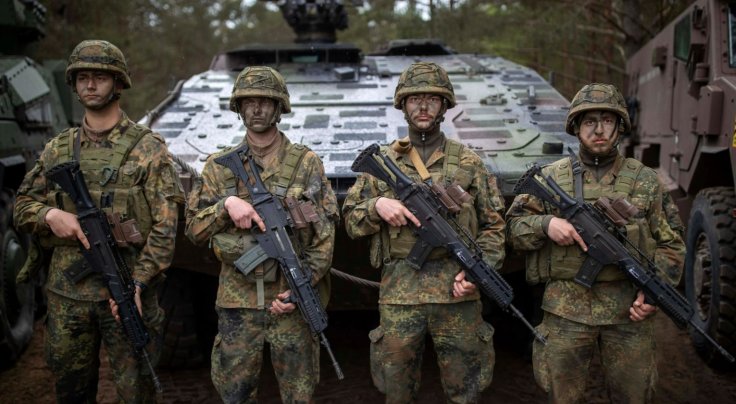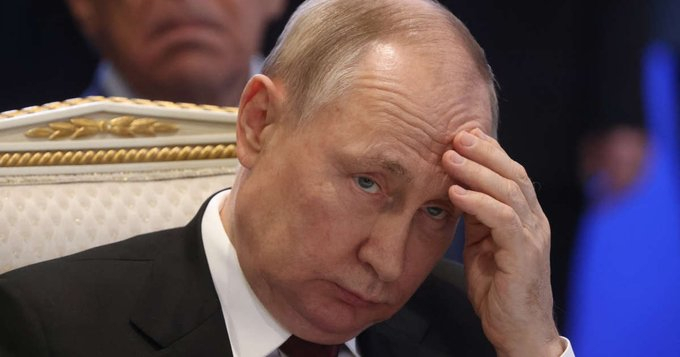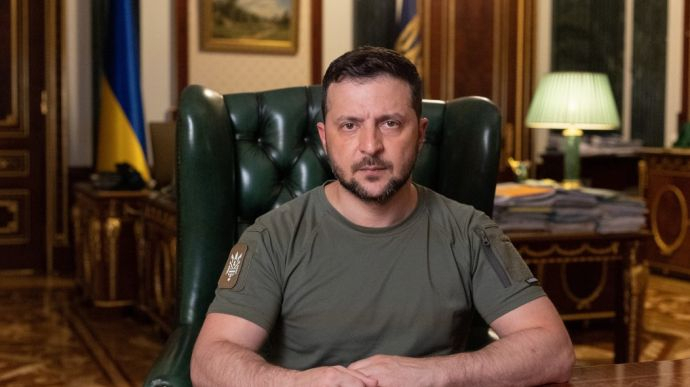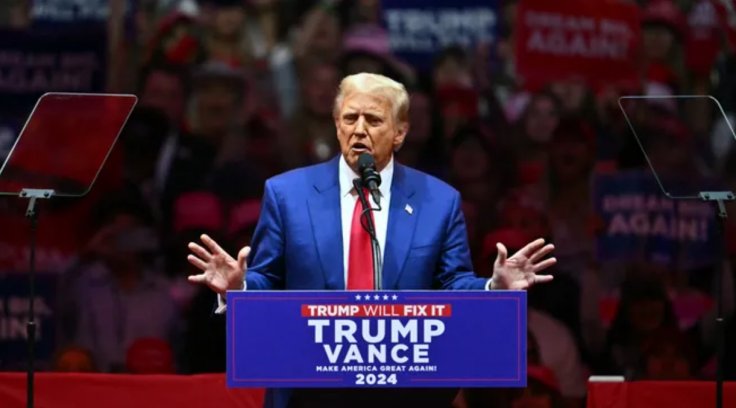Europe is preparing for World War III, with Germany also taking some big measures ahead of a larger conflict. Secret documents revealed on Wednesday that Berlin has started preparing strategies to facilitate the deployment of up to 800,000 NATO troops, including American forces, into Ukraine. This comes as Russia's nuclear threats escalate to unprecedented levels.
"Operation Deutschland" is a comprehensive 1,000-page strategy designed to prepare Germany for the potential outbreak of World War III. According to the German newspaper Frankfurter Allgemeine Zeitung, the classified documents outline specific buildings and infrastructure that must be protected for military use, as well as guidelines for businesses and civilians to prepare for heightened threats.
Germany Gets Ready for Bigger Conflict

The papers also indicate that Berlin is planning how to move 200,000 military vehicles across German territory if NATO needs to support Ukraine's efforts, though additional specifics remain undisclosed.
Germany has also advised its citizens to prepare for the worst by adopting measures such as installing diesel generators or wind turbines, according to the report.

The alarm is not limited to Germany. Sweden and Norway have recently distributed pamphlets and guides advising their populations on how to prepare in case the Ukraine conflict escalates into their territories.
The growing fears come after a major shift in Russian President Vladimir Putin's nuclear policy. On Tuesday, the Kremlin announced that Moscow might now consider using nuclear weapons in response to attacks involving non-nuclear "conventional weapons."
Despite facing criticism for its perceived reluctance to fully support Ukraine's defense efforts since 2022, German Foreign Minister Annalena Baerbock claimed on Tuesday that Germany would "not let ourselves be intimidated" by Putin's recent changes to nuclear policy.

"Putin is playing with our fear. He didn't just start doing this 1,000 days ago [when Russia invaded Ukraine], he started back in 2014 [when Russia annexed Crimea," she said. "Germany, in particular, made the mistake back then, especially politically, of allowing itself to be intimidated by this fear — and above all, not listening to its partners, especially our Eastern European partners, who made it clear at the time that we must not rely on promises from the Kremlin."
"We must invest in our own security and protection," she added.
The policy shift came in response to a significant development in the war this week: the U.S. decision to permit Ukraine to use American-made long-range missiles to strike within Russia, eliminating the previous "safe zone" Russia had 190 miles from Ukraine's border.
The Russian Fear and Resistance
The move, along with Germany's reported creation of a contingency plan for World War III, was reportedly triggered by Russia's appeal to North Korea for military support. Moscow has requested at least 10,000 troops to help in the war, with the potential to call for an additional 100,000 from the communist state, according to insiders.

Many global leaders, experts, and U.S. officials have called the potential involvement of American forces one of the most significant escalations since the war began.
Europe's heightened readiness follows warnings from Donald Trump during his campaign rallies, where he cautioned that the U.S. might be on the verge of World War III. He pointed to increasing involvement by three key American adversaries—Russia, North Korea, and Iran—in conflicts impacting U.S. allies.
Although Trump has yet to outline a formal approach to the Ukraine war, some NATO states and Russia hawks worry he might show leniency toward Moscow. However, Trump has recently signaled support for Ukraine's efforts to achieve a fair resolution to the conflict.
For example, in a recent conversation with an "Eastern European president," Trump reportedly suggested he would not oppose Ukraine continuing its missile strikes into Russia once in office, a source told The Post on Wednesday.

Targeting Russia directly is a key element of Ukrainian President Volodymyr Zelensky's "victory plan," which he has been promoting to global leaders, including Donald Trump, since the fall.
This week, Zelensky expressed optimism about the president-elect, telling Fox News on Tuesday that he believes Trump's leadership could expedite the war's resolution, as he views the Republican as "stronger" than Putin.
However, Zelensky also issued a warning, stressing that if the U.S. Congress halts military support for Ukraine, his nation "will lose."









